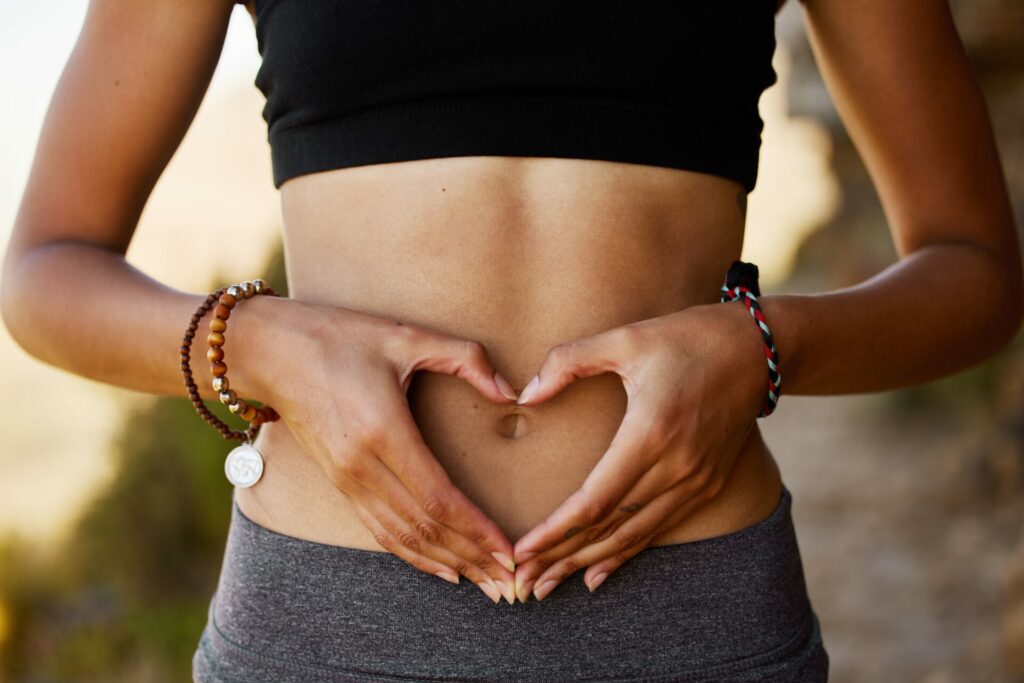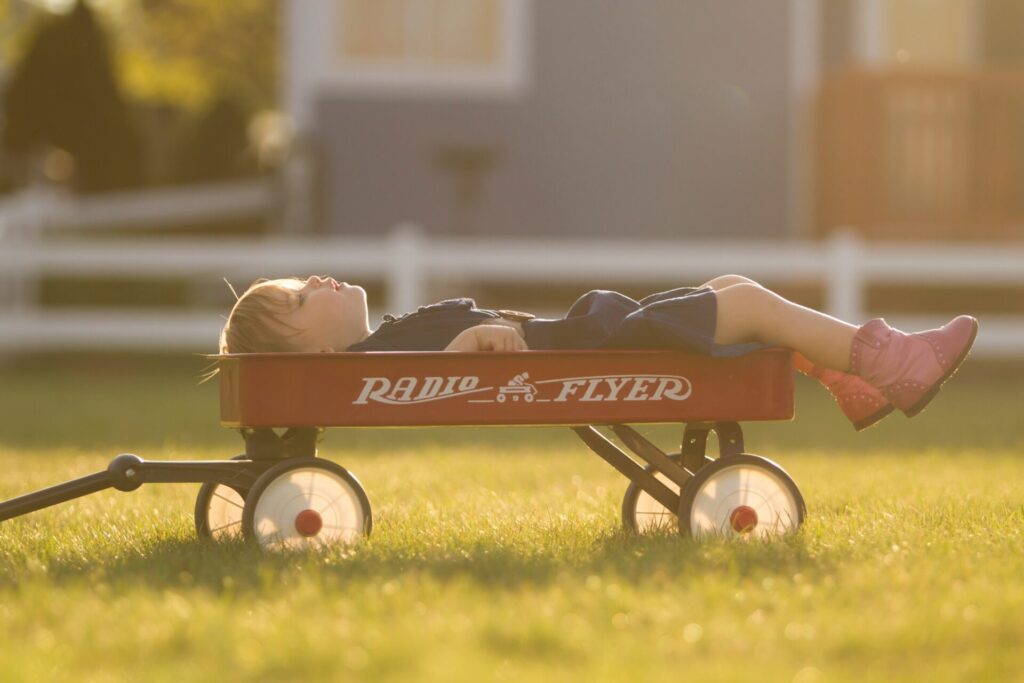In English, they’re two very small words that often get shortened to one, and are among the first things we’re taught as children. Easy to say, they not only make you feel good, but they also raise the spirits of the person you’re speaking to. But we’re not talking about anything deep, meaningful and complicated here. We’re referring to the simple words ‘thank you’.
According to experts, adopting an attitude of gratitude can take you from the depths of despair to contentment and even happiness. By just being grateful and expressing thanks for what you have in your life, you can improve your mental and physical health, boost your self-esteem and attract more good fortune into your life.
Dubai-based life coach Amanda Davies says: ‘Adopting an attitude of gratitude means consciously choosing to focus on and to appreciate all the positive aspects of life, rather than dwelling on the negative.

‘Being present in the moment, recognising and acknowledging all the good things that happen to us, whether big or small, and expressing gratitude for them, will undoubtedly help to reduce stress and bring about a feeling of wellbeing.’
Thank You Day
But saying ‘thank you’ seems to be going out of fashion. In the UK the habit was resurrected two years ago with a Thank You Day, and since then more than 15 million people have taken the opportunity to say thank you to those who make our communities great to live in.
Researchers found people who spoke indigenous languages such as the Cha’palaa of Ecuador never thanked one another while many languages don’t have a word meaning thank you
The third Thank You Day is today (Sunday July 2) when singalongs, activities and walks take place. People are also being urged to volunteer, as their way of saying thank you.
In a report published in the journal Royal Society Open Science back in 2018, researchers analysed manners across five continents and discovered that Brits say ‘thank you’ more than anyone else – 14.5 per cent of the time, followed closely by Italian speakers.
They found people who spoke indigenous languages such as the Cha’palaa of Ecuador never thanked one another while many languages don’t have a word meaning thank you. But even when they do, people only expressed their thanks once in every 20 occasions when on the receiving end of small favours, such as passing the salt, the study found.
But why are we saying thank you so rarely? And why do we need a special day to make people remember what is – after all – basic, common courtesy?
‘There’s a sense of entitlement these days and people expect things to be done for them. They feel it’s their birthright and they take it for granted’
UK life coach Talane Miedaner says: ‘They are small words that are easy to say and write, but they’re also easy not to say and write. That’s the problem. There’s a sense of entitlement these days and people expect things to be done for them. They feel it’s their birthright and they take it for granted.’
Being too busy, distracted by social media and preoccupied by our personal life and concerns also get in the way of being grateful.
‘There’s so much going on and we’re always rushing so we overlook opportunities to say thank you,’ says Amanda. ‘We don’t notice acts of kindness, like someone holding the lift or a door open for us, or just offering us help. As we leave cafes, shops and restaurants or get out of taxis or Ubers, we can forget to thank staff and drivers.
‘In Dubai, where people from countries like the Philippines and South Asia, work in hotels and shops and as domestic staff, as cleaners, drivers, maids and nannies, there’s an expectation they are there to serve and don’t need to be thanked. We can’t put it down to language barriers. You can say thank you with a smile and a nod.’
Positive Effect

But if we flip that attitude and begin to thank everyone who touches our lives in some way, regardless of their race or job, it can trigger a domino effect on positivity.
‘Gratitude is possibly the most powerful attractive state that we can be in emotionally,’ says Talane. ‘Like attracts like, and if we put out positive, grateful energy to the universe, we will be rewarded with more to be grateful for. Likewise, if you focus on not having enough money, help, work, food or fun, that’s what you’ll get – more debt, more unemployment, more misery.
‘Everyone has something to be grateful for. It might be that the sun shone, and you went for a walk, or it rained and watered your plants. Your friend might have cooked you a delicious vegan dinner, or a colleague took a big conservation project off your ‘to do’ list for you. The barista might always greet you with a smile, remember your name and get you your favourite coffee,’ adds Talane, author of Coach Yourself to Success (McGraw Hill).
‘Once you start looking for things to be grateful for, you’ll notice how many there are. You’ll soon see how many wonderful things people are doing for you.’
So how can we get more appreciation into our lives? Talane and Amanda share their tips to be thankful.
Pick Up a Pen

Make someone feel really special by sending a handwritten thank you note, suggests Talane. ‘Receiving a letter or card that’s handwritten is so personal, yet it’s incredibly powerful.’
‘People often save those notes and look back on them when they need to feel special. It doesn’t take much time, apart from checking addresses. If you sent one handwritten thank you note to someone every day for a year, it would change your life beyond recognition.’
Start a Gratitude Journal
Every morning, just after you wake up, write down three things you’re immediately grateful for, says Amanda.
‘They can be people, opportunities, achievements, your home, even the sunshine streaming through your curtains. This simple act can help you start the day with a positive mindset. Better still, do this with your family and you’ll all start the day on a high.’
Turbocharge Your Wishlist
At the end of every year, make a list of all the things you’ve been grateful for in the previous 12 months, recommends Talane.
‘Think of promotions, holidays and new friends. Aim for more than 20. Then light a candle and, basking in gratitude, read each item. Once you’re done, make your wish list for the next year – you’ll be surprised how many come true.’
Say It Out Loud
Have some written affirmations by your bed or bathroom mirror to keep you on track, suggests Amanda. ‘You’ll see them first thing and they’ll reinforce your sense of gratitude from the moment you wake up. Start your affirmations with: ‘I am so grateful for….’ And ‘I am thankful that….’ Read them aloud, with a big smile as you look in the mirror.’
Get Specific
When you thank someone, make sure you say why you appreciate them, urges Talane. ‘If you aunt sent you a lovely pale blue cardigan for your birthday, tell her what you love about it when you thank her. It might be the soft texture, the way the colour matches your eyes, or just that it suits you so much.’
Make Every Day Thanksgiving
Express your thanks around the dinner table, suggests Amanda. ‘Just before you eat, make it a habit to share something you’re grateful for,’ she says. ‘Maybe someone helped you carry your shopping to the car, a neighbour cut your hedge while you were away or your husband cooked dinner or bought you flowers. This is a great way to nurture connection and gratitude within your family.’
Meditate On It
Press pause and think about all you have to be grateful for, recommends Talane. ‘Just taking a few minutes and putting your entire focus on appreciation and gratitude can shift your mindset for the better,’ she says. ‘You’ll be calmer, with better self-esteem and healthier energy.’
Go Digital

Use technology to express your thanks, suggests Amanda. ‘Send a quick text or WhatsApp, especially if it’s informal,’ she says. ‘Or express your gratitude on social media. This can be a real boost for the recipient, as the message is public. These posts are powerful for our personal brand, and they help build business success.’
Surprise, Surprise
Leave little thank you notes for loved ones and colleagues to find, suggests Talane.
‘At work, leave a post-it note on your colleague’s desk to thank them for doing some filing or getting a job done quickly for you,’ she says. ‘Or slip a thank you note into your partner’s laptop bag, so they find it at work. They may only have done the school run, but they know you’re grateful.’
Sleep On It
Just before you drift off at night, reflect on all the positive things that happened that day, says Amanda.
‘Focus on moments, experiences or interactions that made you smile and feel grateful,’ she suggests. ‘This shifts your attention towards the positives of the day before you go to sleep.’













